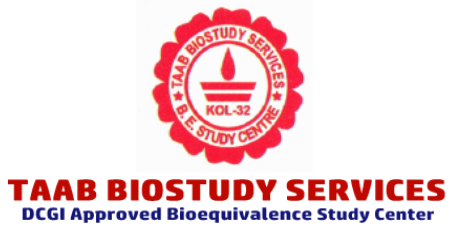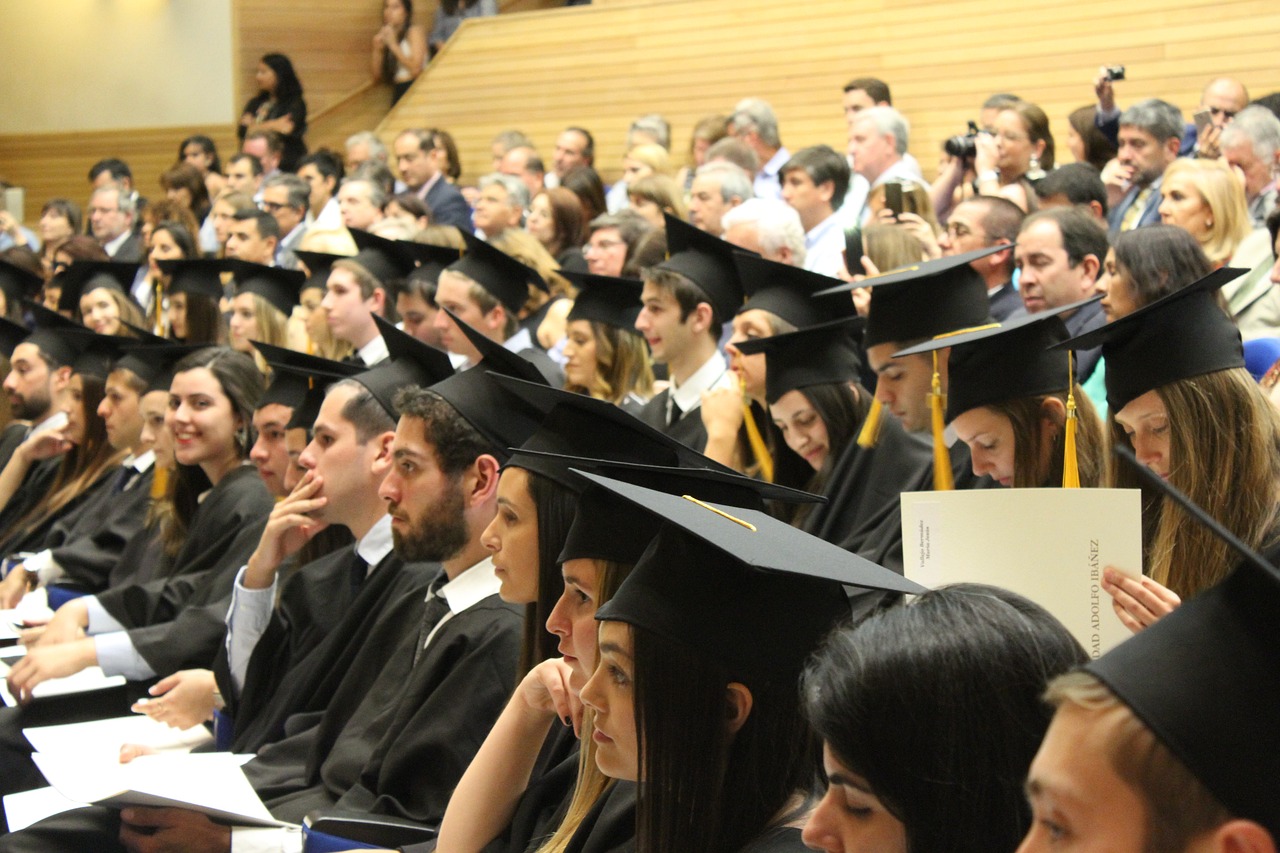Bioequivalence studies are a critical part of the drug development process, and they require specialized knowledge and training to conduct effectively. TAAB being the expert in this field with experienced working professionals, it will provide faculties and subject expertise to the Pharmagyan students.
- Bioequivalence refers to the extent to which two pharmaceutical products containing the same active ingredient are equivalent in terms of safety and efficacy. More details are available in TAAB’s official website.
- Pharmagyan will provide hands-on training to pharma graduates, Nursing students, Doctors and working professionals to learn industry skills.
- We’ll quickly take you through the available resources and opportunities that you as a student can learn from Pharmagyan.
- E-learning on bioequivalence (an example) can help students and professionals in the pharmaceutical industry understand the principles and regulations surrounding bioequivalence studies.

Obtain a relevant degree
To work in bioequivalence studies, you will need a degree in a relevant field such as pharmacy, pharmaceutical sciences, or a related discipline. Please follow local guidelines and universities.

Gain relevant work experience
Many employers prefer candidates with practical experience in bioequivalence studies. You can gain experience by working in a research laboratory, pharmaceutical company, or contract research organization (CRO) like, TAAB Biostudy Services!

Participate in workshops and conferences
Attend workshops and conferences to stay up-to-date with the latest developments in bioequivalence studies. These events provide an opportunity to network with other professionals in the field and learn from their experiences. Do checkout the 'Latest' section in Pharmagyan or TAAB's website.

Attend training courses
Several organizations offer training courses in bioequivalence studies, including the U.S. Food and Drug Administration (FDA), the European Medicines Agency (EMA), and the World Health Organization (WHO). You can also find training courses offered by CROs and academic institutions. TAAB along with Pharmagyan will support providing quality courseware.

Pursue professional certification
Several organizations offer certification programs for professionals working in bioequivalence studies. Certification can demonstrate your knowledge and skills to potential employers and may improve your job prospects. Check with TAAB's offerings with Pharmagyan.